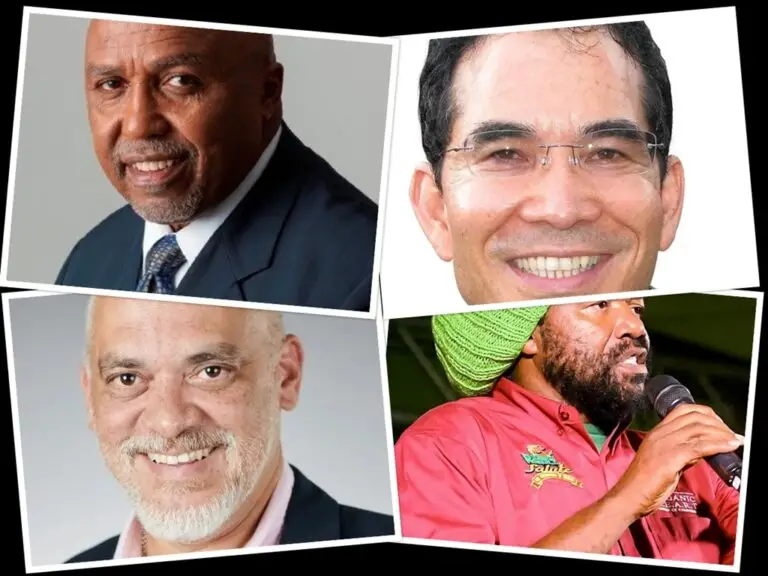A proposal by the Private Sector Organisation of Jamaica (PSOJ) to merge Emancipation Day and Independence Day celebrations into a unified four-day weekend has stirred a spirited national conversation. The suggested change, if approved, could transform how Jamaica commemorates its cultural and historical milestones while impacting productivity and national identity.
The PSOJ’s recommendation, submitted to Cabinet in October, proposes removing August 1 (Emancipation Day) and August 6 (Independence Day) as individual public holidays. Instead, the first Friday and following Monday of August would be declared public holidays, creating an extended weekend for celebrations. Dubbed “Emancipendence,” this period would retain the historical recognition of the original dates while consolidating festivities. The organisation envisions implementation by 2025, with the expectation that the adjustment could bolster business productivity while offering an uninterrupted opportunity to showcase Jamaica’s rich cultural heritage.
While the proposal seeks to balance economic and cultural priorities, it has sparked diverse opinions. Entrepreneur and public commentator Kevin O’Brien Chang, a long-time advocate for such reforms, supports the idea. According to Chang, the PSOJ’s productivity argument may be unconvincing, but the cultural and economic benefits of a unified four-day celebration could outweigh the drawbacks.
Supporters argue that the four-day weekend could foster greater national participation in events and attract international visitors eager to experience Jamaica’s unique history and traditions. On the other hand, critics worry that merging the holidays could dilute the significance of each occasion. Emancipation Day and Independence Day hold distinct places in the country’s history, representing freedom from slavery and sovereignty, respectively. Opponents fear the move might overshadow these narratives in favor of convenience.
As the nation awaits Cabinet’s decision, the conversation about Emancipendence raises broader questions about how Jamaica should honor its past while adapting to present-day needs. Can a compromise between cultural preservation and economic pragmatism be achieved? Or does this proposal risk eroding the significance of two of the nation’s most cherished celebrations?
The answer lies in balancing reverence for history with the evolving dynamics of a modern society—a challenge Jamaica must navigate carefully as it considers this potential shift in tradition.






